E-buses forge ahead
- PostedPublished 15 December 2021
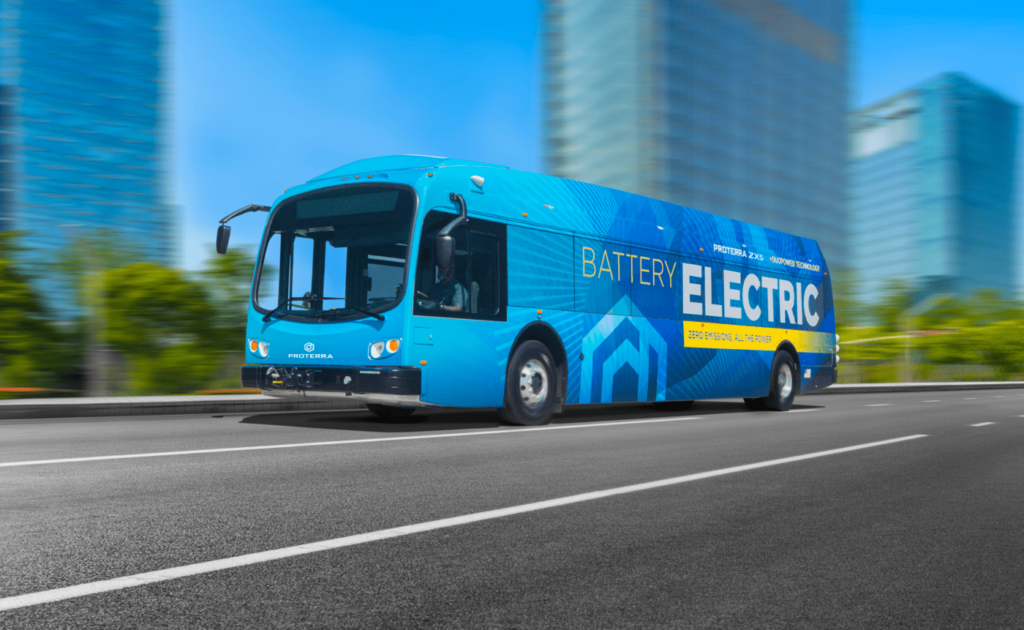
Longer routes, more orders, improving infrastructure and new models – the e-bus market is on the move
Mobility company Transdev has announced that an electric bus is now in service on one of the longest urban bus routes in the southern hemisphere.
The bus, which is now in phase three of its trial with Transdev Melbourne and the Department of Transport, started operating on an 86-kilometre route in May this year.
Route 903, which runs between the suburb of Altona and Mordialloc, in Melbourne, allows travellers to hop from one side of the city to another without having to pass through its busy centre.
The route was selected to ascertain how well an electric bus, which offers zero-emissions mobility and a smoother and quieter ride, would function in a range of conditions and traffic situations.
Rachel Spencer, interim managing director at Transdev Melbourne said: “This trial is demonstrating the benefits of zero-emission buses and providing valuable local insights about how this technology can be scaled up to operate zero-emission bus fleets.”
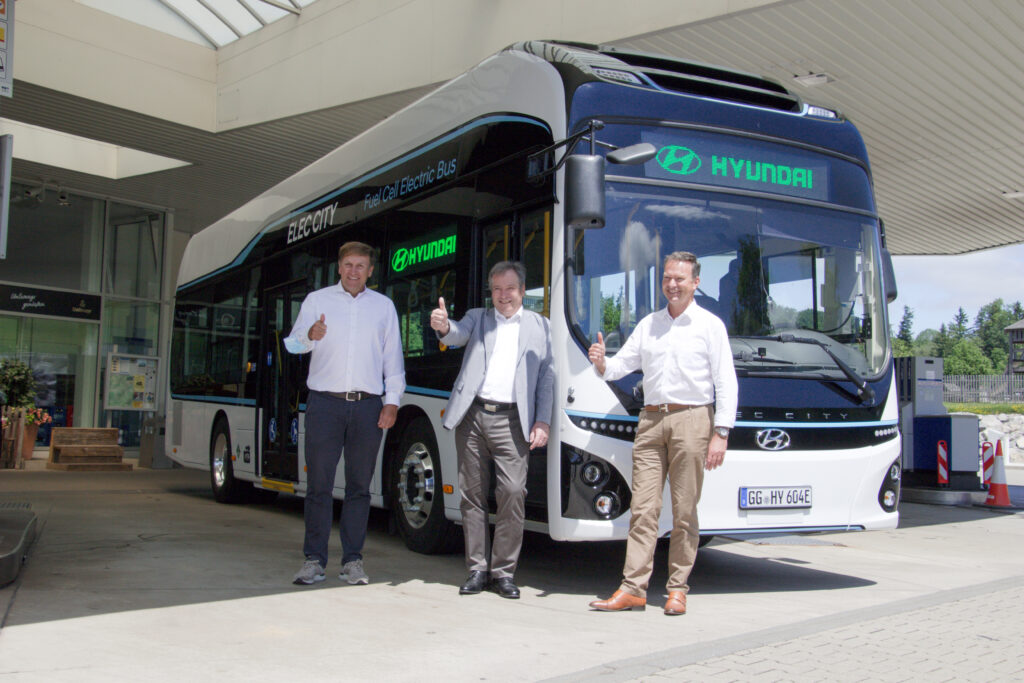
The bus, which has been working in the state of Victoria since December 2019, is dubbed Aurora by Transdev – and it has so far racked up some 58,000km on Melbourne’s bus routes.
It was built by local bus company Volgren, which is based in Dandenong, Victoria, can carry up to 61 passengers, has a range of around 300km, and it can be recharged in five hours. The vast majority of its components are also sourced locally, bolstering the economy.
Luke Agati, chief executive officer of Transdev Australasia, said: “We want to see more Australians travelling on zero-emissions electric and hydrogen-powered buses, and we want Australian bus manufacturers to lead the journey with us, so communities like Dandenong benefit through more investment in local businesses and more local jobs.”
E-BUS ORDERS RACK UP
Irizar e-mobility, a Spanish electric vehicle manufacturer, has announced a new deal to deliver electric buses for the Parisian transport authority.
In the first two years of the agreement, Irizar will supply 113 of its new-generation “ie” electric buses to Paris. The 12-meter-long buses have a 350kWh battery and a claimed range of 250km, which Irizar says equates to some 17 hours of operation.
Some of the company’s electric buses are already in operation in southwest France, too, on a 10km-long 24-station line in the Basque Country. The all-electric rapid transit line is the second of its type and, thanks to a fleet of seven vehicles, it is expected to carry 90,000 passengers a month.
Irizar also recently took an order for 30 electric buses from the Municipal Transport Company of Madrid (EMT Madrid), which already operates 55 Irizar buses, and it is also set to deliver 44 to Bulgaria.
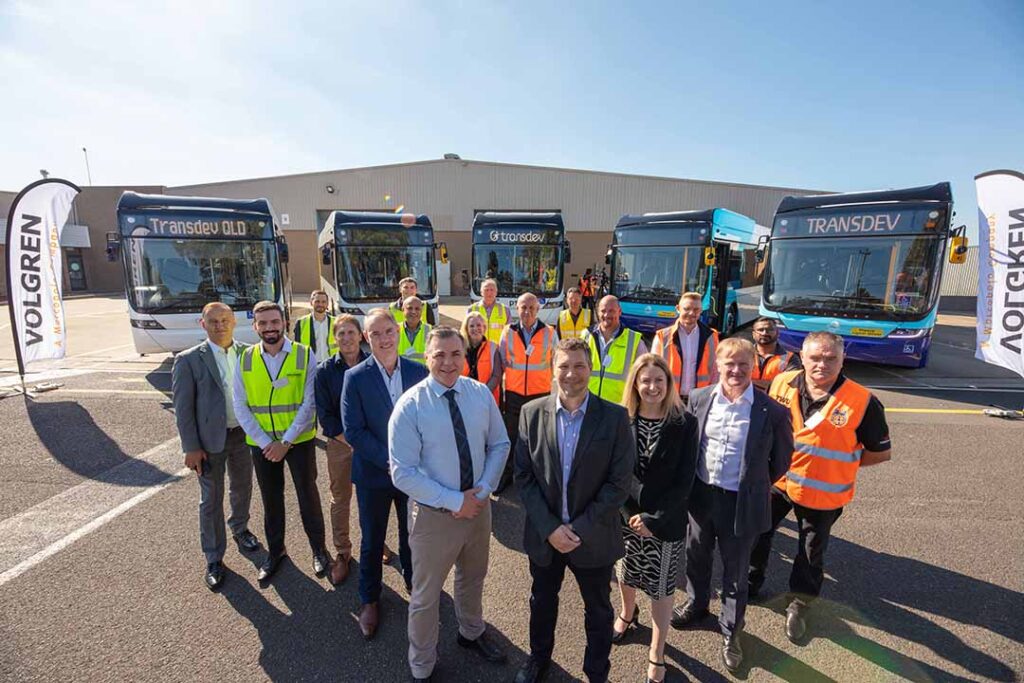
Other European countries are continuing to expand their electric bus fleets; the Swiss organisation Basler Verkehrs-Betriebe (BVB), which facilitates travel in the city of Basel, has ordered 54 Mercedes-Benz eCitaro buses – which will make up half of its fleet.
The BVB has ordered a further eight articulated electric buses from Swiss commercial vehicle manufacturer HESS, as it works to fully electrify its bus routes by 2027.
Similarly substantial orders are being placed in the American market; electric commercial vehicle specialist Proterra is set to deliver 42 ZX5 electric buses, and 75 chargers for three depots, for the Miami-Dade County in Florida.
The buses, which are slated to arrive in 2022, are part of what is described as a “landmark fleet electrification project” – and the 42 buses will join 33 that are already in operation.
Qatar also recently took delivery of 10 electric buses, capable of covering 200km on a single charge, from Chinese manufacturer Yutong. The buses, however, are just the first of a 741-strong order by Qatar.
NEW MODELS AND TECH
The capability of e-buses is increasing rapidly, as evidenced by the new 82-seat Alexander Dennis Environ500EV Charge. It’s designed for the North American market and features two decks, three axles, a class-leading 648kWh of energy storage, an efficiency-boosting heat pump and a range of around 400km.
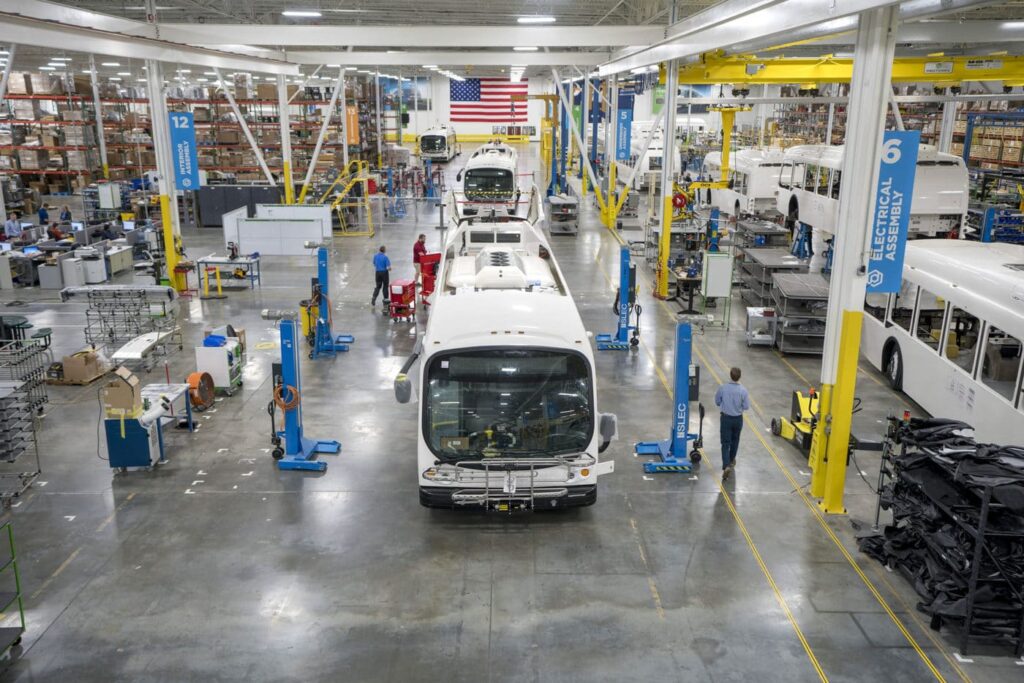
Electric buses are not necessarily ideal for all, though, which is why many companies are continuing to develop buses with hydrogen fuel cells – which, in some markets and when supported by appropriate infrastructure, may be preferable thanks to their extended ranges and rapid turnaround times.
The Hyundai Elec City Fuel Cell bus, for example, can travel over 500km. Two of the buses are currently being tested in Munich but they have otherwise been in operation in Korea since 2019, and a total of 108 are in circulation.
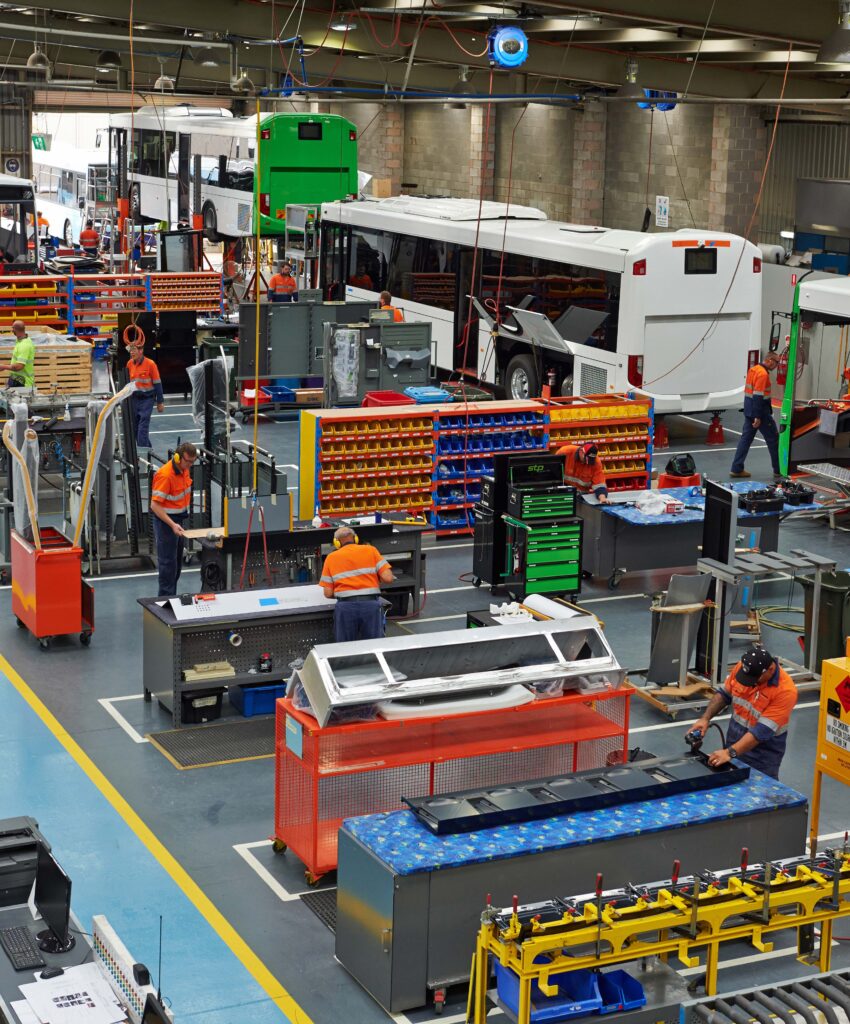
“Hyundai Motor is demonstrating how mass-produced Elec City Fuel Cell buses can help reduce CO2 emissions while providing clean mobility,” said Martin Zeilinger, executive vice president and head of Hyundai’s commercial vehicle development technology unit. “Running these in-service trials will help us further develop our vehicles to meet European customer requirements.”
- CategoriesIn SightGlass
- TagsSightglass News Issue 25

